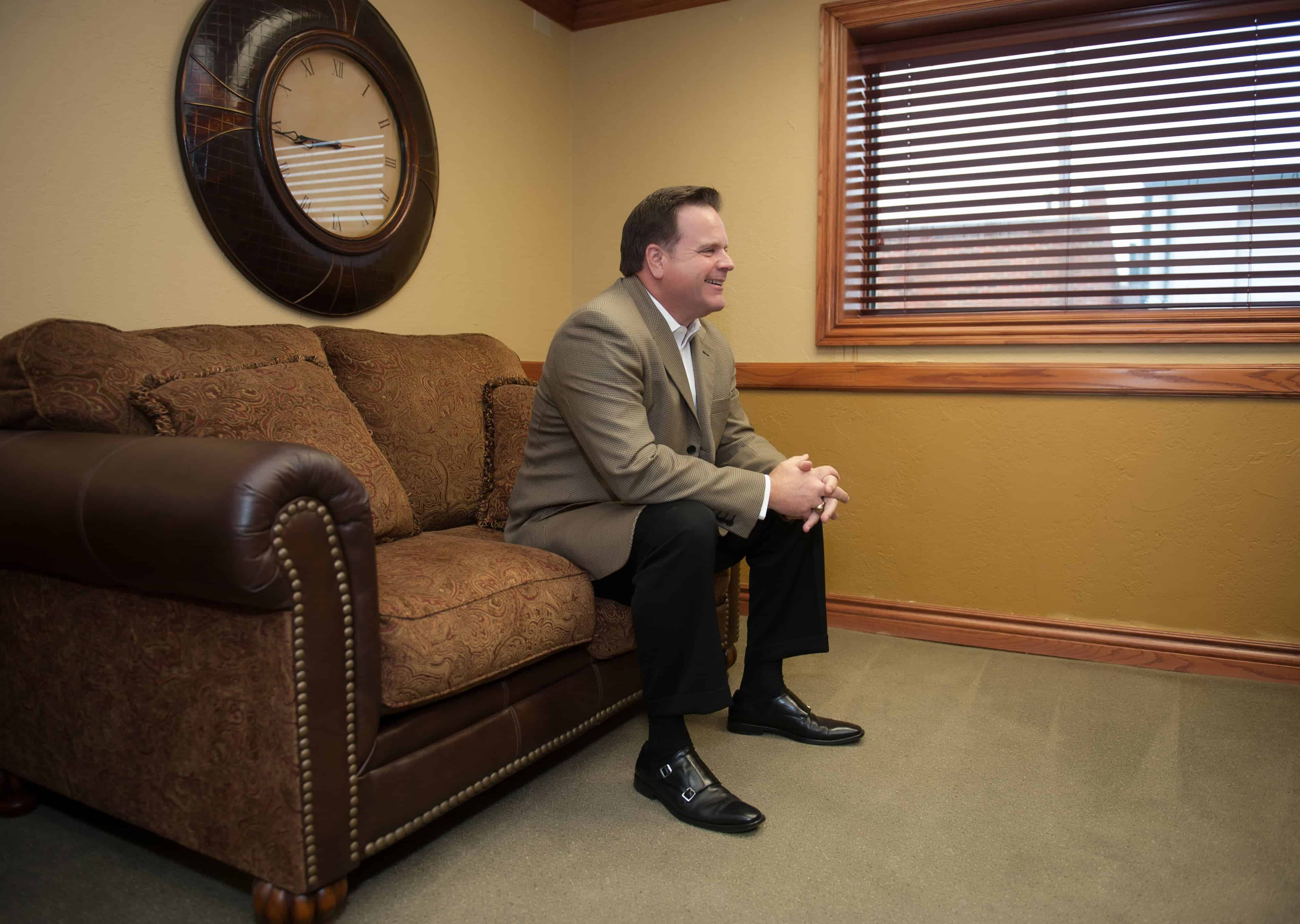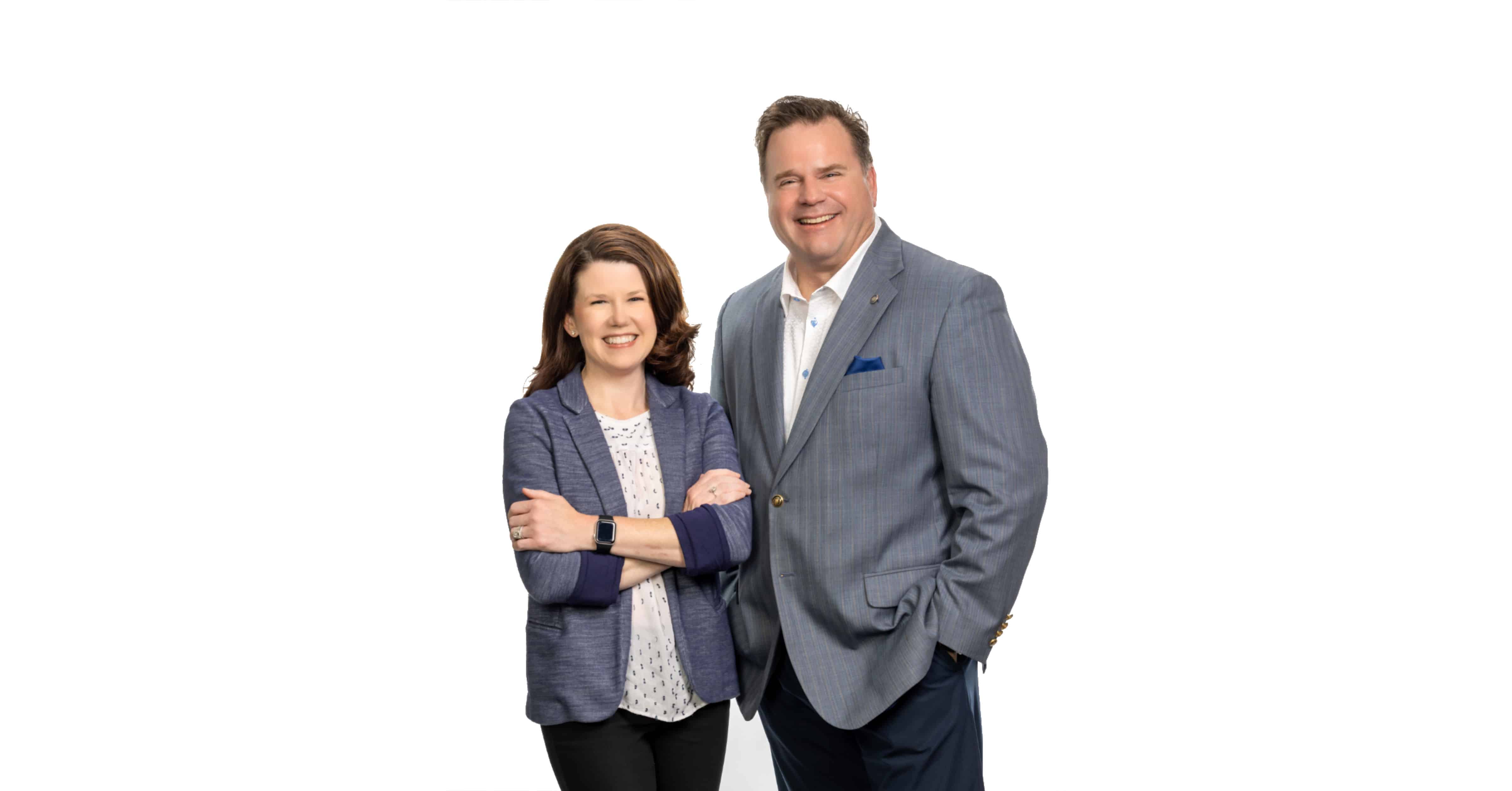“Should I have a trust? A will? Which is better for my heirs?” These are the types of questions many of our clients pose when we are planning for their estates. The short answers to these valid questions are: Maybe, maybe and depends.
Now that I have clearly confused you, this article will provide you a simple strategy for determining the most important documents to meet your estate planning needs. First, determine what you wish to happen with your estate after your death. Notice I stated the phrase “after your death” in the preceding sentence. The reason for this qualification is that we perform two type of estate planning for our clients: Inter Vivos Planning and Post-Mortem Planning.
During the phase of Inter Vivos Planning, we utilize tax-free gifting and charitable donations to accomplish a reduction of the estate or meet some other objectives. Inter Vivos is a Latin word that means “between two living persons”. Many people have heard of a Living Trust or Inter Vivos Trust. These documents are established while the trustor, the person establishing the trust, is living. If a trust is developed and funded after the individual dies, it is referred to as a Testamentary Trust. Don’t allow the terminology to confuse you. Either way these trusts function in the same manner – distributing your assets to a beneficiary of your choosing.
Post-Morten Planning requires additional thought and serves as strategy to reduce the estate from taxes or to direct trust distributions to other than those individuals listed by the decedent. For example, we utilize disclaimers to avoid estate assets from being received by named beneficiaries, if the person does not wish to receive the asset. Some instances may occur where the decedent, the person that died, failed to update their documents prior to death and their family dynamic may have changed.
Trusts also serve another purpose for families – privacy. If someone dies with a Last Will & Testament, the document must be subjected to the district court’s jurisdiction to provide the recipients marketable title to property, release of any liens from taxes and all potential heirs have been given notice of the right to protest the estate administration. By utilizing a trust, the decedent does not require, in most cases, the decision of the court to disburse the estate assets and the document maintains its private nature with only the filing of a Memorandum of Trust if real estate is owned by the decedent.
We have experienced many different scenarios for families during our 30 years as a financial planner. Do not assume there is a “cookie cutter” approach. This is an area of law that can be very complicated and requires significant time to cure problems if the trust is not funded properly, titles do not reflect the correct ownership or the trust is defective in language.
Your lifetime of assets should be transferred to your intended heirs or charities in a manner that is cost-effective, tax-efficient and private. We provide proactive planning for our clients with estate concerns and work with estate attorneys to guide you through the process efficiently. Have you reviewed your documents lately? If you want peace of mind, spend a few minutes each year to confirm your documents are current. Seek out a CPA and Certified Financial PlannerTM practitioner to assure your family that necessary steps are taken to protect your family’s legacy.









